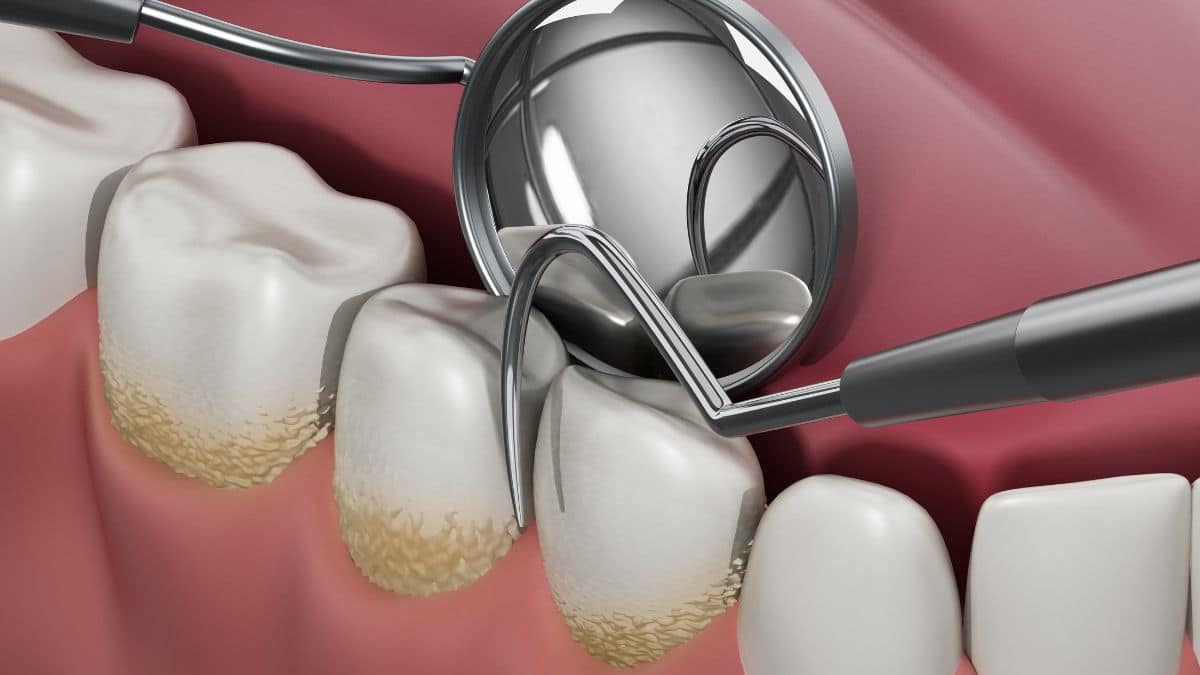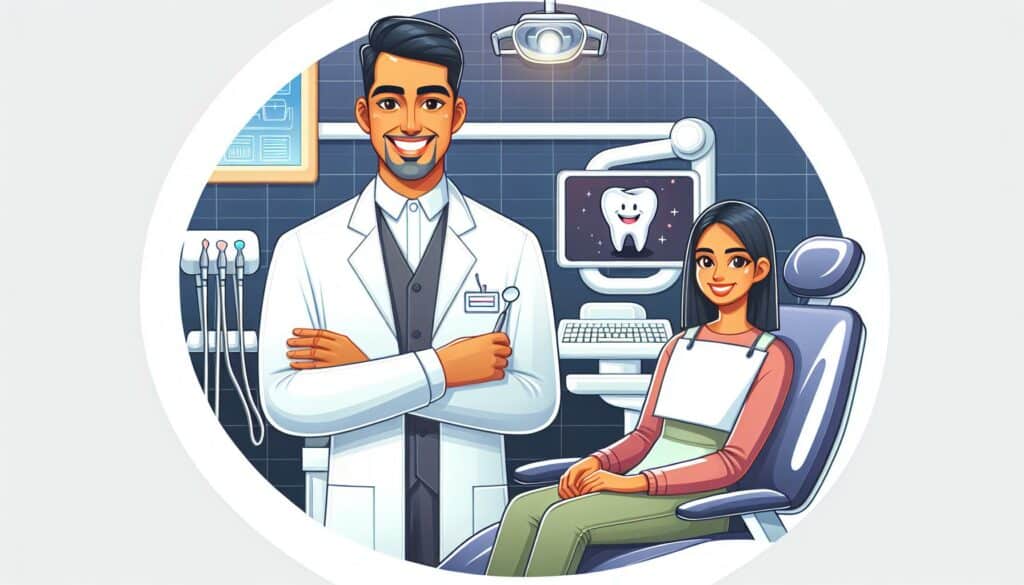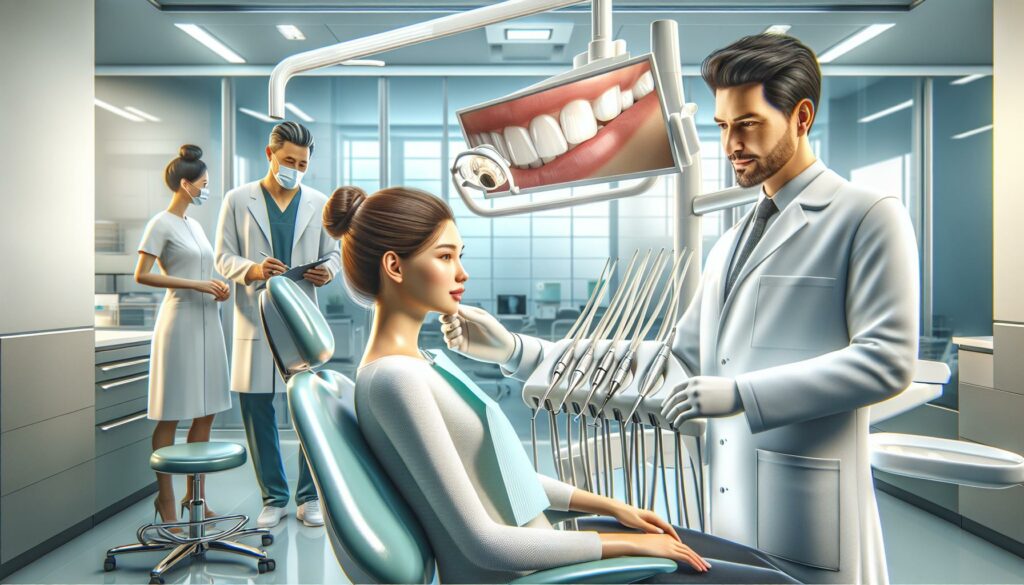It’s a common question that floats around dental health circles: “Is it ok to scrape off plaque?” As an expert blogger on all things dental, I’ve delved deep into this topic to provide you with an informed answer.
Plaque is a pesky thing. It’s essentially a sticky film of bacteria that accumulates on your teeth when the sugars and starches in food interact with the bacteria normally found in your mouth. If left unchecked, it can lead to serious problems like cavities and gum disease.
While scraping off plaque may seem like a quick fix, it’s not as straightforward as it seems. Doing so improperly or excessively could actually harm your enamel or gums – both vital for maintaining good oral health!
Understanding Plaque and Its Effects
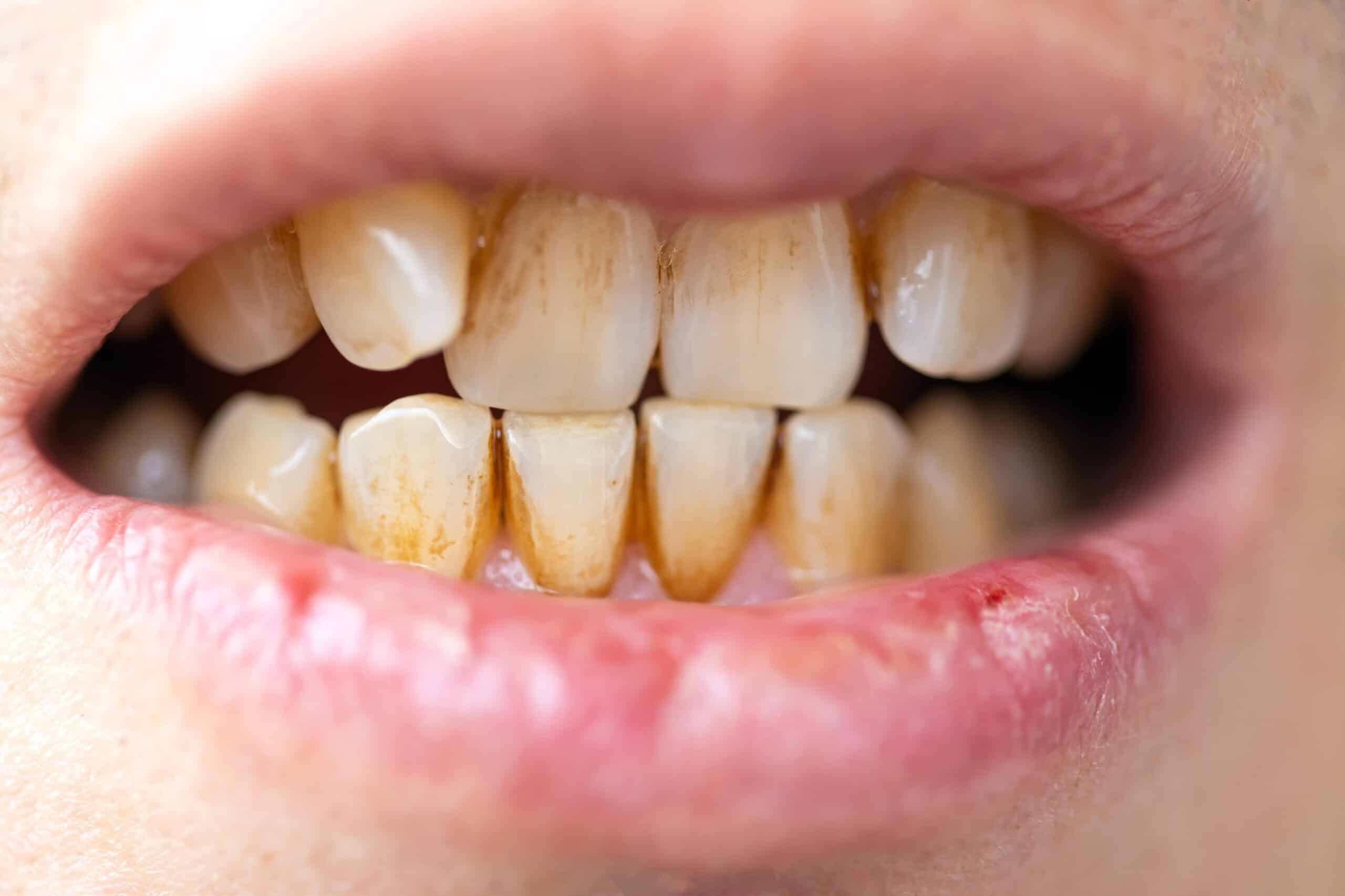
Ever wondered what that sticky film on your teeth is after a long day? That’s plaque, my friends. It’s a soft, colorless deposit that regularly forms on our teeth and gums. Now let’s dive into how it actually forms.
Whenever we eat or drink anything with sugar in it – think sodas, candies or even fruits – the bacteria in our mouth have a feast. They love to feed off these sugars, producing acids as they do so. These acids mix with our saliva and food particles to form this sticky substance we call plaque.
But why should you care about plaque? Well, if not properly removed by regular brushing and flossing, over time it can harden into tartar which can lead to gum disease (gingivitis) or cavities (tooth decay). In fact:
- According to the World Health Organization (WHO), oral diseases such as tooth decay are among the most prevalent non-communicable diseases globally.
- A study published in Journal of Dental Research found that 47% of adults aged 30 years and older have some form of periodontal disease.
| Age | Percentage with Periodontal Disease |
|---|---|
| 30+ | 47% |
The next question then becomes: Is scraping off plaque at home okay? This might seem like an easy solution but dental professionals caution against DIY methods for removing hardened plaques known as tartar due to potential harm you could cause your gums.
So there you have it! You’re now equipped with knowledge about what plaque is all about – how it forms on your teeth, its potential effects if left unchecked – making us more aware than ever why maintaining good oral hygiene practices are important. And remember – when dealing with stubborn tartar buildup please consider seeking professional help from dentists instead!
Why Is Plaque Harmful to Teeth?
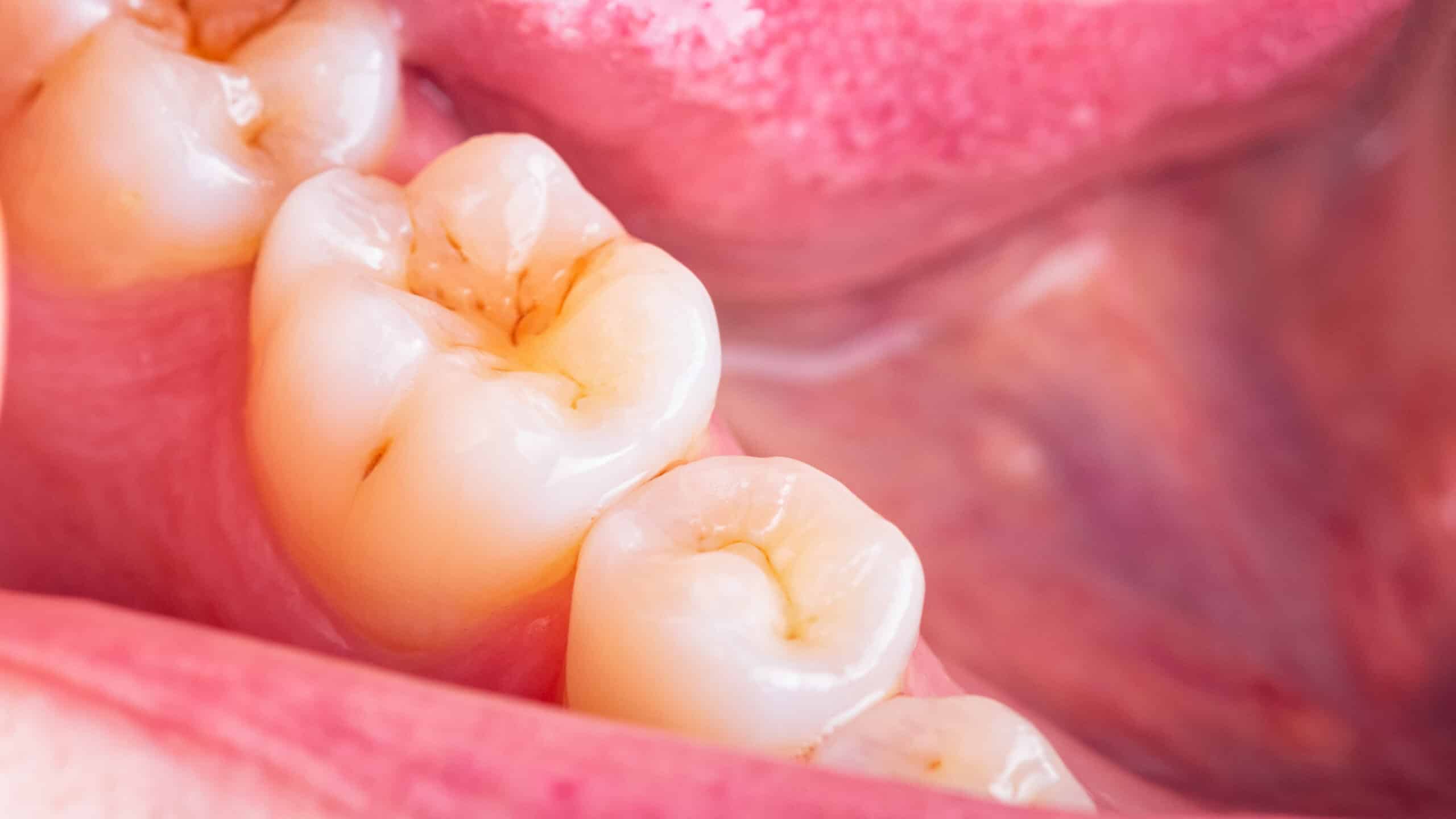
I’m sure you’ve heard it from your dentist: plaque is bad for your teeth. But why exactly is this sticky substance such a troublemaker? Let’s delve into the gritty details.
Firstly, let’s understand what plaque actually is. It’s a soft, colorless film that builds up on our teeth and contains millions of bacteria. Now here’s where things get messy – these bacteria feed off sugars in our food and drinks, producing acids as a byproduct.
These acids are not just any ordinary byproducts; they’re harmful ones! They start attacking the tooth enamel – which happens to be the hardest substance in the human body – causing it to weaken over time. This process is known as demineralization and if left unchecked, can lead to cavities or dental caries.
But wait there’s more! The perils of plaque don’t stop at cavities alone. If allowed to accumulate undisturbed (think skipped brushing sessions), it hardens into tartar also known as calculus around gum line leading us down an even dangerous path called gingivitis — an inflammation of gums which could progress further into periodontal disease causing bone loss around teeth!
Not convinced yet about how harmful plaque can be? Here are some shocking statistics:
- According to Centers for Disease Control & Prevention (CDC), 91% adults aged 20-64 years had dental caries in permanent teeth.
- World Health Organization reports that oral diseases pose health burden for many countries with annual treatment cost exceeding billions!
| Statistics | Source |
|---|---|
| 91% adults aged 20-64 years had dental caries | CDC |
| Oral diseases pose health burden with annual treatment cost exceeding billions | WHO |
To sum up, ignoring daily oral hygiene routine isn’t just laziness; it’s inviting host of problems right from cavities & gum disease to potential tooth loss. And remember, once lost, adult teeth don’t grow back!
Common Myths About Dental Plaque
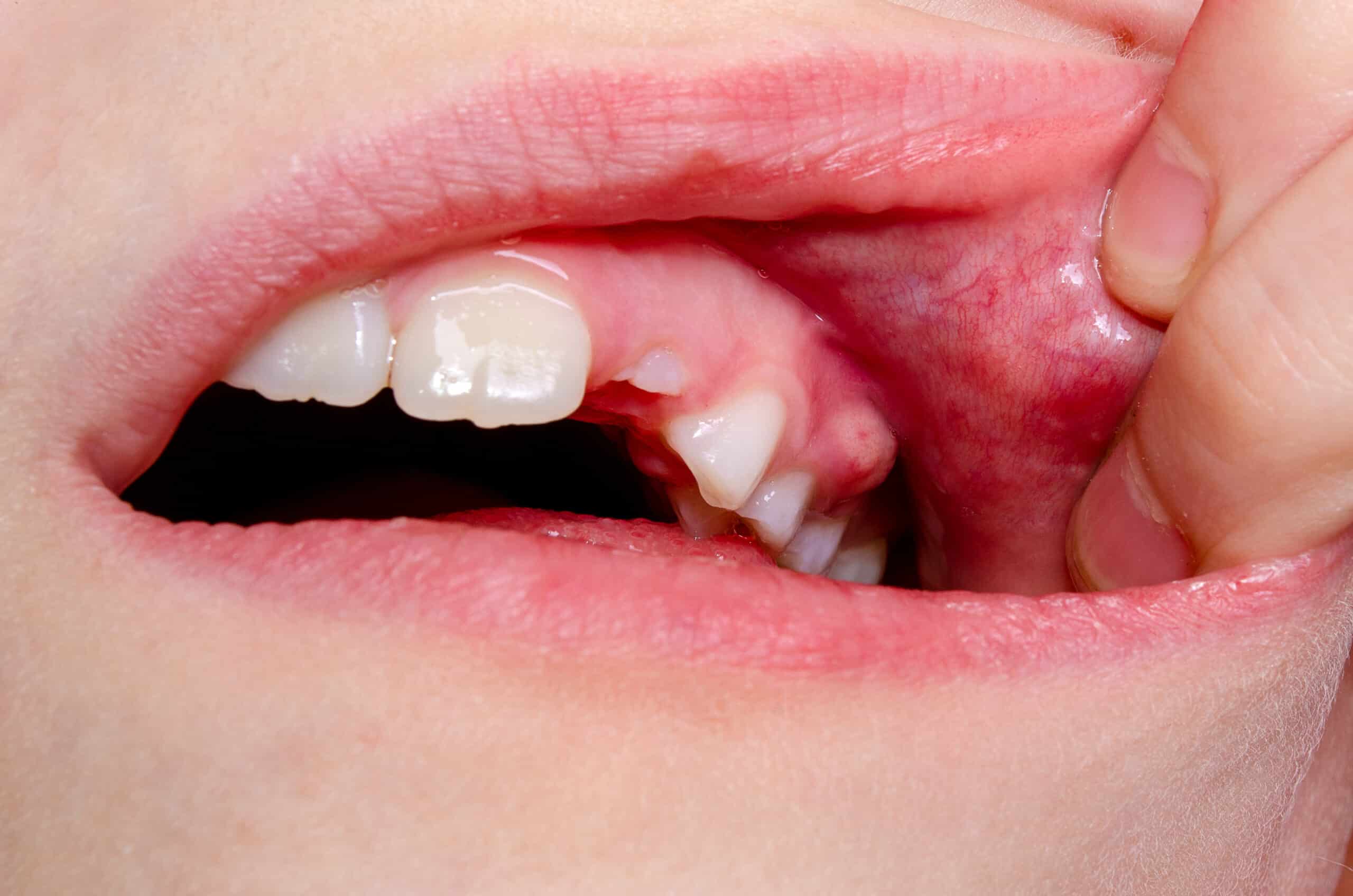
Let’s bust some myths about dental plaque. One widespread misconception is that plaque isn’t harmful if you can’t see it. But here’s the truth: just because you don’t see it, doesn’t mean it’s not there or causing harm. In reality, this sneaky substance builds up over time and can lead to serious oral health issues such as gum disease and tooth decay.
Another common belief I often come across is that brushing harder will remove more plaque. I’m afraid this isn’t true either! Vigorous brushing might actually damage your gums and enamel, making them more susceptible to bacterial invasion which results in – guess what? More plaque! The key here is consistent gentle cleaning with a soft-bristle brush.
There are also folks who think scraping off dental plaque at home using sharp tools will do the trick – sort of like a DIY dentist visit. This notion couldn’t be further from the truth! In fact, unprofessional scraping can cause injuries to your gums and teeth leading to infections or even permanent damage.
Some people believe they’re immune to dental plaque because they’ve never had cavities before or have “strong” teeth genetically speaking – but let me tell you now – no one’s exempted from developing dental plaques!
Lastly, many individuals assume that mouthwash alone eliminates all traces of plaques which unfortunately isn’t accurate either! While mouthwash aids in killing bacteria in hard-to-reach areas after brushing & flossing; relying on it solely would leave those sticky layers behind on your teeth.
So remember folks; debunk these myths by practicing proper oral hygiene habits regularly & scheduling routine check-ups with your dentist for professional cleanings.
Is It Safe to Scrape Off Plaque at Home?
It’s tempting, isn’t it? That nagging feeling of plaque building up on your teeth can lead you to contemplate whether a DIY dental cleaning might be the solution. But let me caution you: tackling plaque removal at home is not advisable.
First off, it’s important to note that professional dental tools are designed specifically for the task and are used by trained professionals. Your toothbrush and floss can handle daily oral hygiene but they’re simply not equipped for heavy-duty plaque scraping. If I was to use an analogy, think about using a butter knife instead of a surgeon’s scalpel – it just won’t work as well.
In addition, there’s more harm than good in trying this yourself. You risk damaging your gums or enamel with improper technique or tools – damage which could lead to sensitivity issues or even infections down the line! For instance:
- A 2015 study found that self-performed scaling (the technical term for scraping off plaque) resulted in significantly more gum recession compared with professional treatment.
- According to data from American Dental Association (ADA), around 8% of emergency room visits related to dental conditions were due directly to self-treatment attempts gone wrong.
| Year | Percentage |
|---|---|
| 2015 | Significant increase |
| 2020 | Approximate rise of around 8% |
Now don’t get me wrong – I’m all about taking proactive steps when it comes our health. Regular brushing and flossing along with healthy eating habits will definitely help keep those pearly whites clean! However when we’re talking about removing built-up tartar or hardened plaque from our teeth…well, leave that job up-to-the experts!
So yes – while scraping off some light buildup may seem harmless enough – consider the potential pitfalls before diving into DIY dentistry!
Professional Dental Cleaning vs. DIY Methods
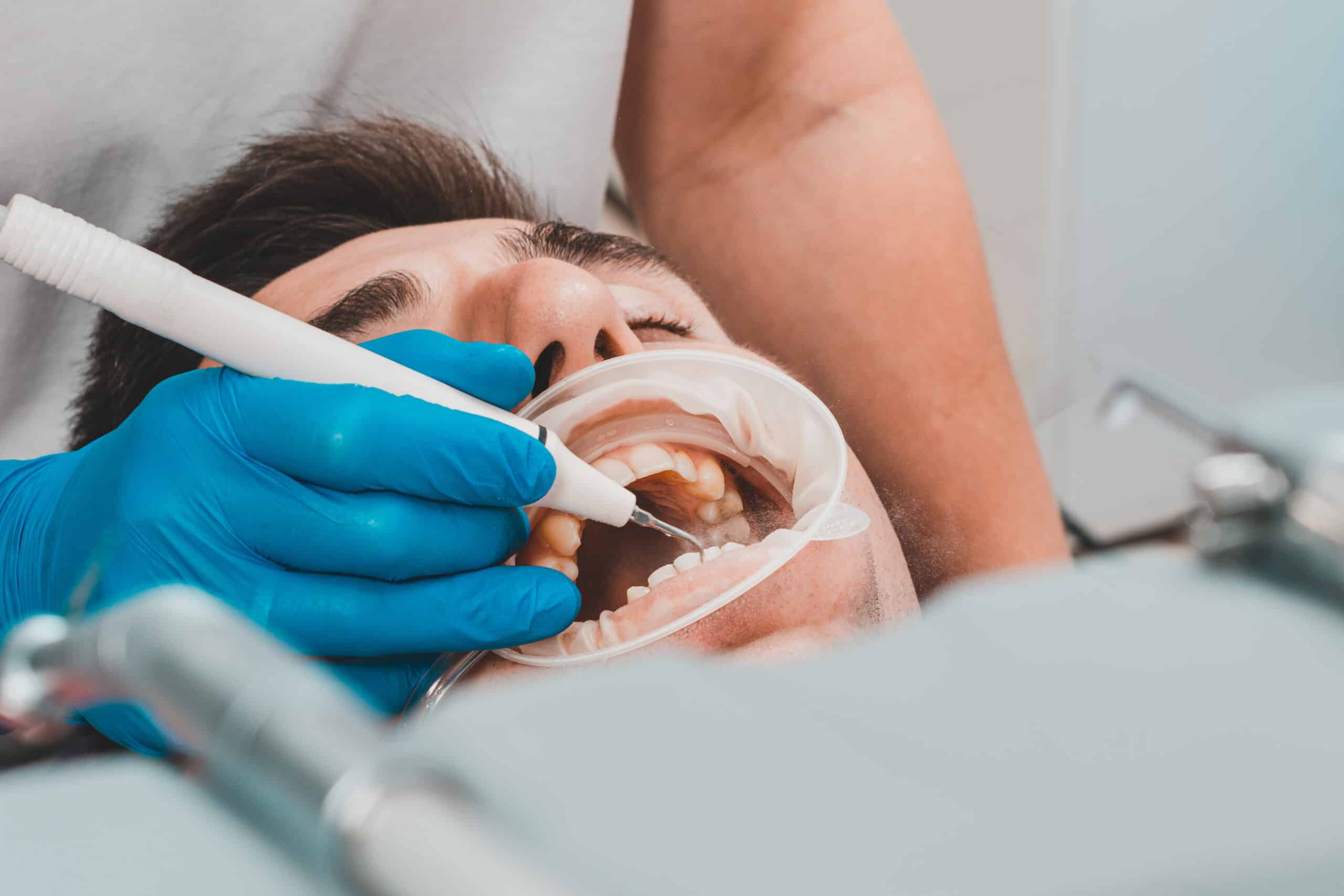
In the world of oral hygiene, there’s a tug-of-war between professional dental cleanings and do-it-yourself (DIY) methods. Some folks believe in their toothbrushes and floss while others swear by their bi-annual visits to the dentist.
Let’s start with professional dental cleaning. It involves not only brushing and flossing but also scaling, polishing, and sometimes even fluoride treatments. These procedures are performed by trained professionals who know how to handle every nook and cranny of your mouth effectively.
On the flip side, we have DIY methods like daily brushing, flossing, using mouthwash or at-home whitening kits which can be quite convenient for many people due to cost-effectiveness or lack of time for regular dentist appointments.
Here are some comparisons:
| Professional Dental Cleaning | DIY Methods | |
|---|---|---|
| Cost | More expensive | Less expensive |
| Convenience | Requires appointment; usually twice a year | Can be done anytime at home |
| Risks & Complications | Minimal as it is performed by experts | Potential misuse may lead to oral problems |
Now don’t get me wrong—I’m not saying one is superior over the other! They both have significant roles in maintaining our pearly whites.
To maintain good oral health consistently over time though – it’s important that these two approaches work hand-in-hand rather than compete against each other.
Regular teeth cleaning sessions with your dentist help keep serious issues like gum disease at bay while daily self-care practices can maintain cleanliness on a day-to-day basis keeping cavities away!
So when someone asks you whether they should opt for professional cleanings or stick with DIY methods—tell them it’s not an either-or situation! Balance is key here: regular check-ups combined with consistent personal care make up an ideal dental routine that keeps those pearly whites shining.
Potential Risks of Incorrect Plaque Removal
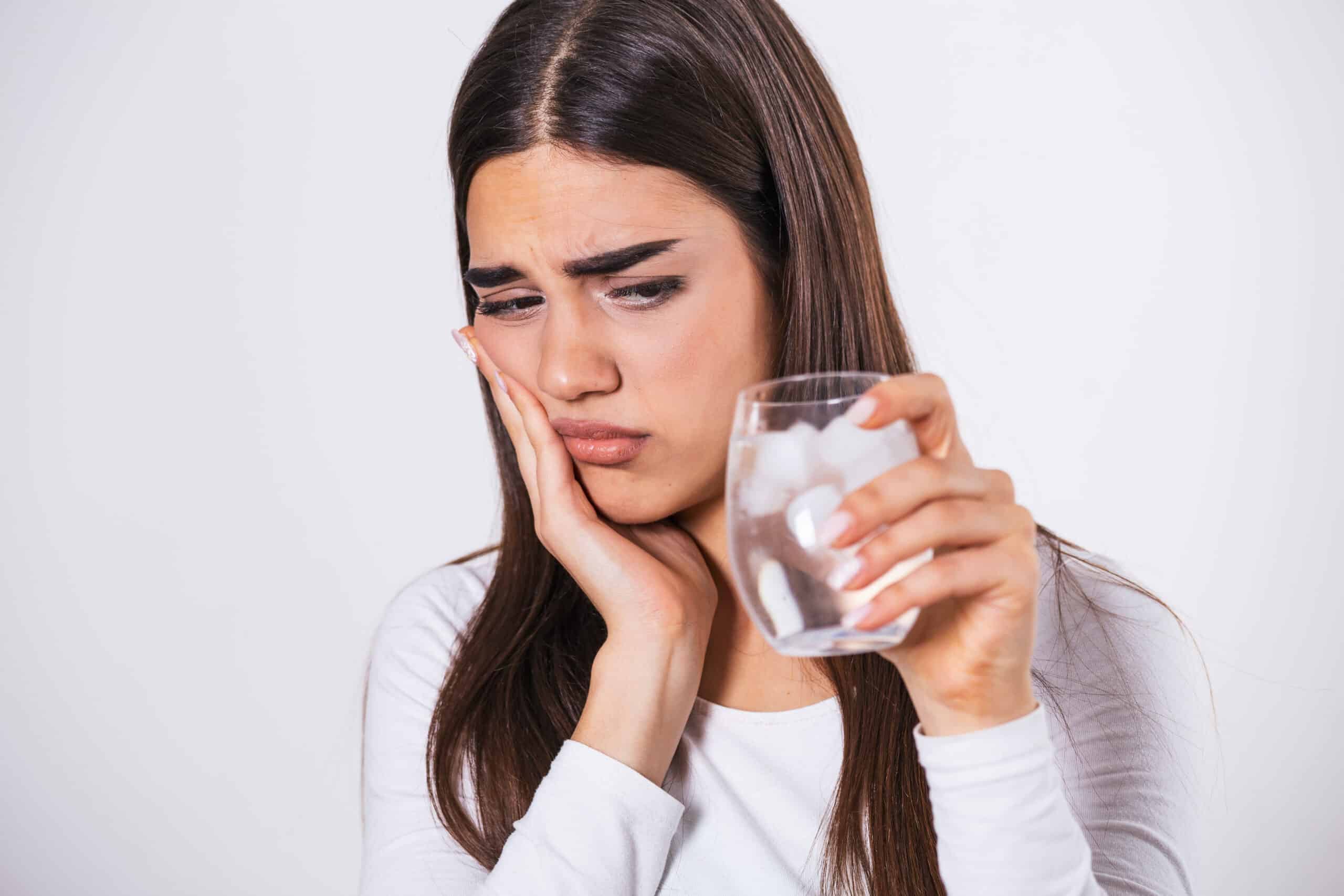
Scraping off plaque might seem like an easy solution to keep your teeth clean. However, there’s a lot more to consider before taking dental matters into your own hands. Let’s delve into the potential risks associated with incorrect plaque removal.
One primary concern is that you could inadvertently damage your gums. Without professional training, it’s easy to scrape too hard or use improper techniques that can lead to gum injuries and infections. This risk intensifies if the tools you’re using aren’t sterilized properly.
Next up on our list of concerns is enamel erosion – something we all want to avoid! The enamel protects our teeth from decay; hence damaging this protective layer can leave your pearly whites vulnerable.
Additionally, let’s not forget about tooth sensitivity which often follows incorrect scraping methods as well. Once you’ve damaged the enamel or gums, hot and cold foods may cause discomfort or even pain in those areas.
The final point I’ll mention here revolves around incomplete removal of plaque and tartar buildup due its tricky nature of hiding in hard-to-reach corners between teeth and along gum lines.
- Gum injury
- Enamel erosion
- Tooth sensitivity
- Incomplete removal
To summarize, tackling plaque without proper knowledge can have adverse effects on oral health including:
- Gum injuries leading potentially severe infections,
- Enamel erosion making teeth prone to decay,
- Increased tooth sensitivity causing discomfort while eating certain foods,
- Incomplete removal leaving behind hidden buildups which continue contributing towards decay
So next time when contemplating whether it’s okay for a DIY attempt at removing plaque – remember these risks associated with unprofessional handling!
Preventive Measures for Controlling Dental Plaque
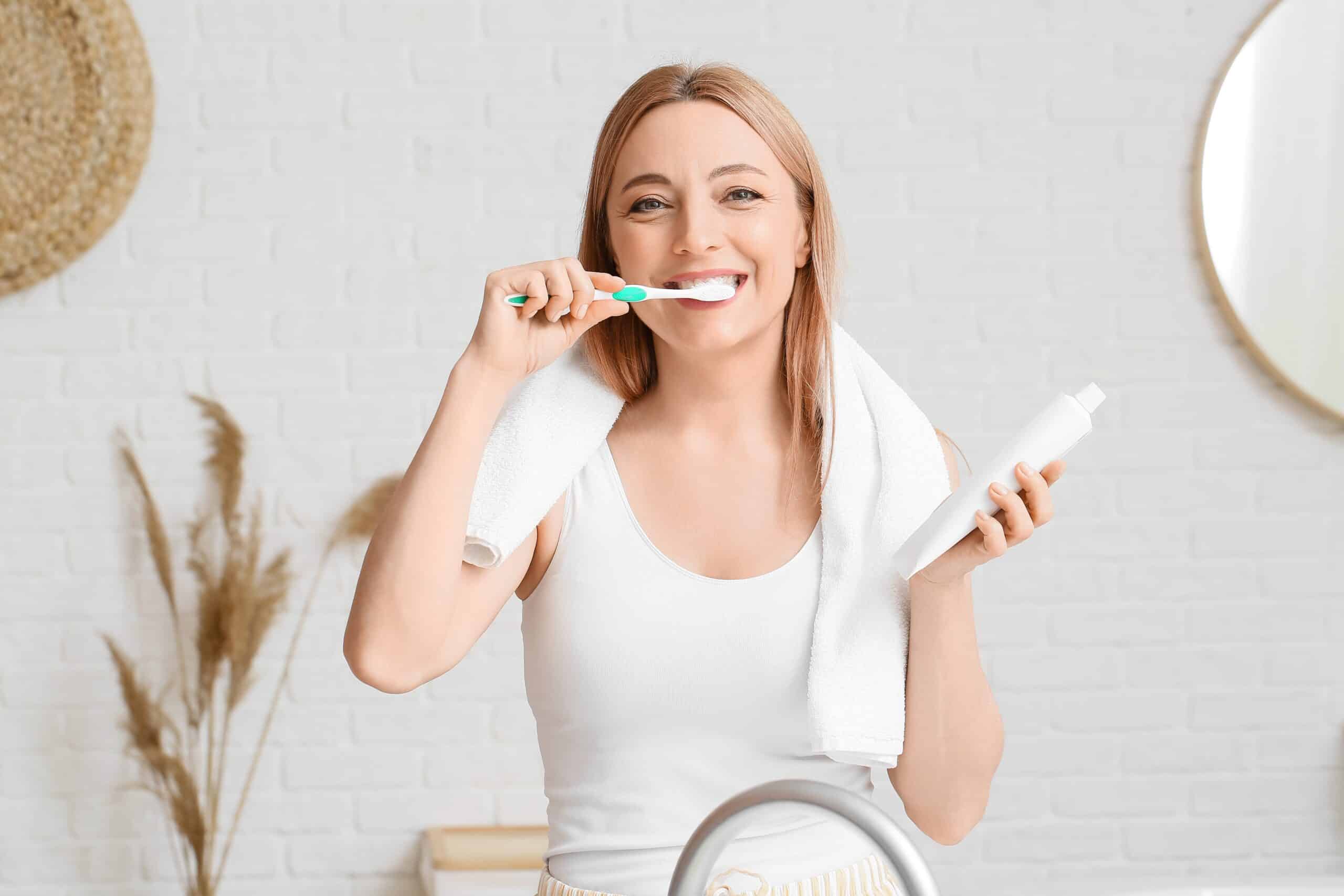
When it comes to dental health, prevention is key. Brushing your teeth twice a day isn’t just a recommendation—it’s a necessity. But there’s more to it than that. You need to use the right technique, making sure you’re brushing all surfaces of each tooth.
Let’s not forget about flossing either! It helps remove plaque from between your teeth where your brush can’t reach. I’ll be honest here, flossing might feel like an inconvenience at first but once you get into the habit, you’ll wonder how you ever lived without it.
You may think mouthwash is optional—and while it’s not essential like brushing and flossing—it does play its part in maintaining oral hygiene by killing bacteria that causes plaque and bad breath. Consider adding this step to your routine if possible.
Now let me tell ya’, diet plays an important role too! Foods high in sugar and starch can feed the bacteria in our mouths leading to more plaque buildup. So try limiting these foods or make sure they’re followed up with thorough cleaning.
Regular dental checkups are another non-negotiable when talking about preventive measures for controlling dental plaque – because let’s face it – we’re no experts on this matter as much as we’d love to believe otherwise!
Here are few pointers summed up:
- Brush twice daily using correct technique
- Don’t neglect flossing
- Mouthwash could be beneficial
- Mindful eating – limit sugary/starchy food
- Regular dentist visits
Taking care of our pearly whites doesn’t have to be complicated nor time-consuming; simple practices incorporated into daily routines can do wonders preventing unwanted guest named ‘dental plaque’.
Conclusion: Best Practices for Managing Dental Health
So, we’ve come a long way in our understanding of dental plaque and the role it plays in oral health. The big question was, “Is it okay to scrape off plaque?” I hope you’re now clear that while removing dental plaque is crucial for maintaining good oral hygiene, how you do it matters.
DIY methods like scraping off your own plaque can lead to more harm than good. It’s not something I’d recommend due to the risks involved such as gum injuries and infections. Instead, prioritize regular brushing and flossing – these are your best defense against the buildup of harmful bacteria.
And let’s not forget about those professional cleanings! Dentists have specialized tools designed specifically for this job – they’re able to safely remove stubborn deposits without causing any damage. Aim to schedule a check-up at least twice a year if possible.
Now here are some quick tips on maintaining optimal oral health:
- Brush twice daily using fluoride toothpaste
- Floss every day
- Limit sugary foods and drinks
- Don’t smoke or use tobacco products
- Regularly visit your dentist
To sum up: proper dental care isn’t just about ridding your teeth of unsightly yellow build-ups; it’s also key in preventing serious conditions like gum disease or even heart problems linked with poor oral hygiene.

